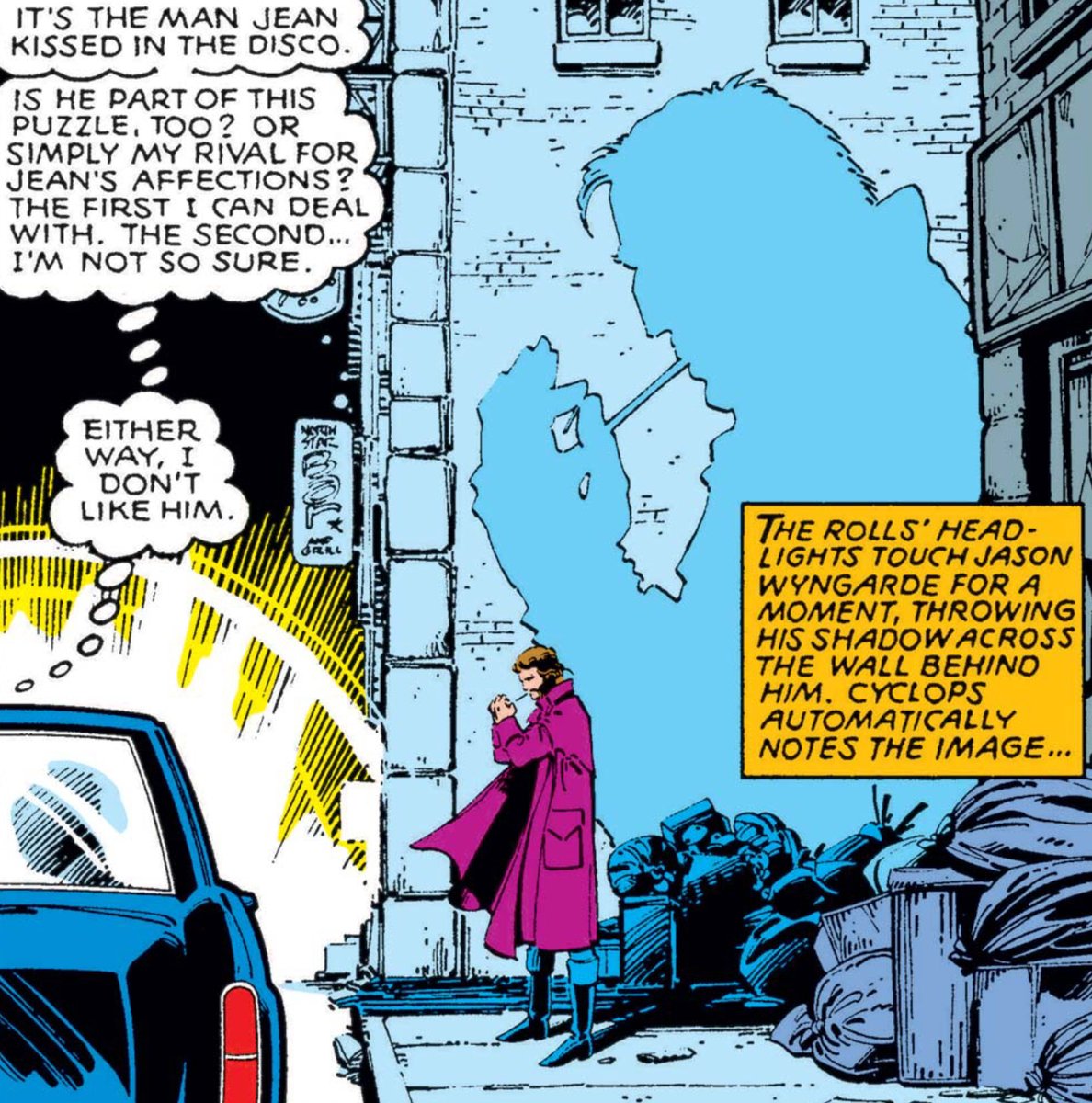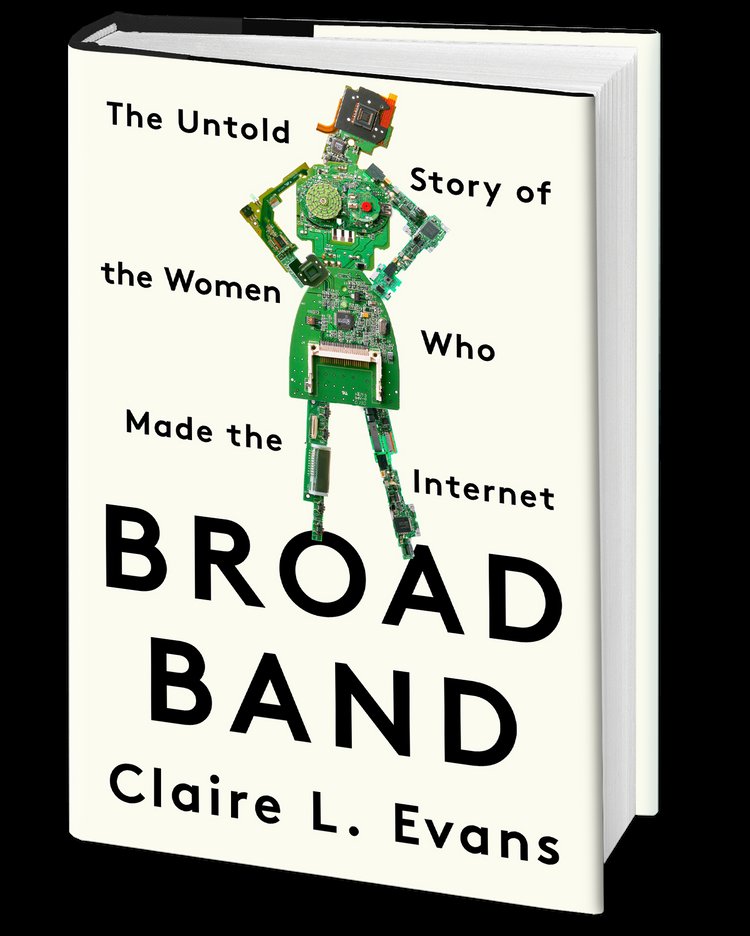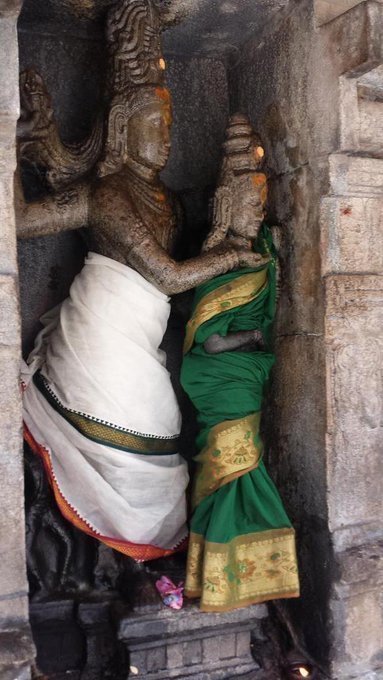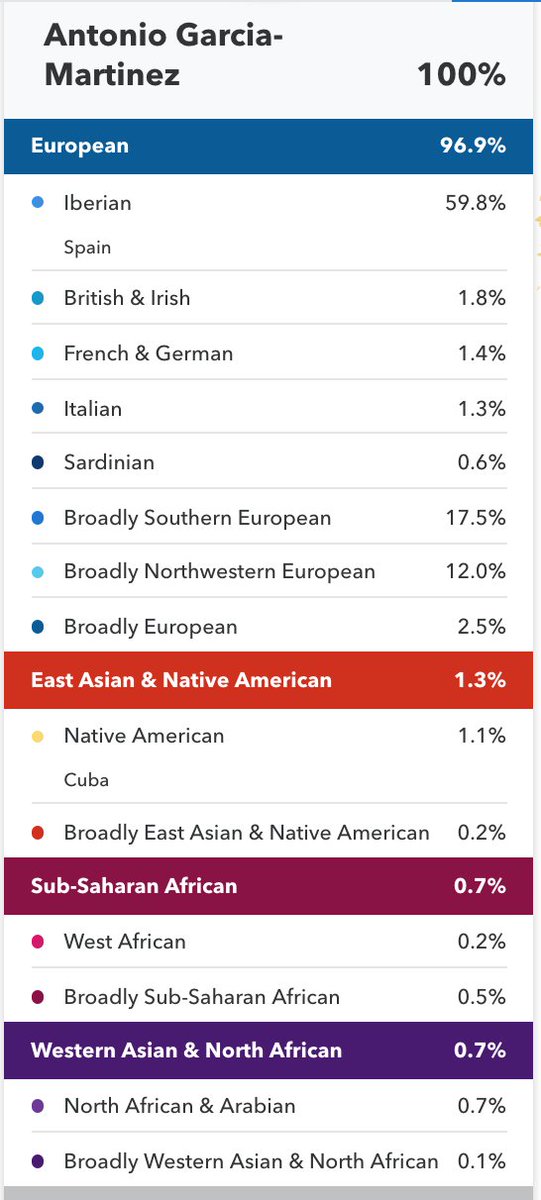Please stay safe & mute me until Sunday if you need to!
Happy Monday readers, it's Dark Phoenix week! Over the next ten issues, we'll explore what is perhaps Claremont's most celebrated story that depicts the ascension of Jean Grey to the role of Dark Phoenix.
It's UXM #129-130, in which we are introduced to multiple X-mainstays!

Please stay safe & mute me until Sunday if you need to!
It's incredible to think that just last issue, the team met their most dangerous opponent yet, but Proteus was only but a primer for what the team will face next.

Scott's attempts to make up his membership losses are rebuffed not once- but 3 times by Jamie, Alex, & Lorna!

The X-Men don't kill. Even when faced with a violence, death is not cause for celebration. What would happen if innocents died?
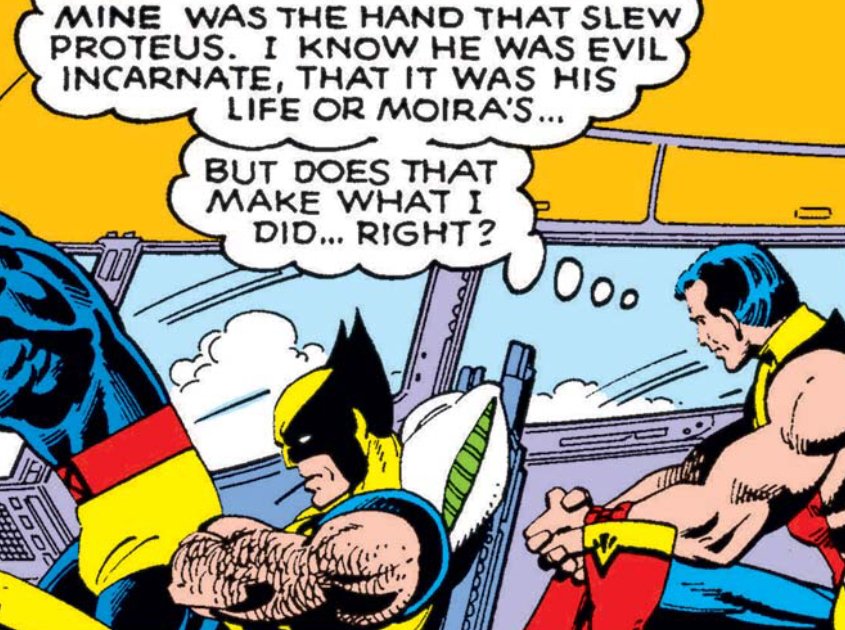
Many of Wyngarde's manipulations center on reverse-sublimating Jean's dark desires in exchange of her adherence to social norms...

After discovering that widespread sexual abuse of women was behind the trauma response then known as "hysteria", Freud quickly buried his findings and rejected its implications for society...
Even Emma (hey queen!) is depicted as subservient, despite the power she wields.

Sorry, lots of Freud today...
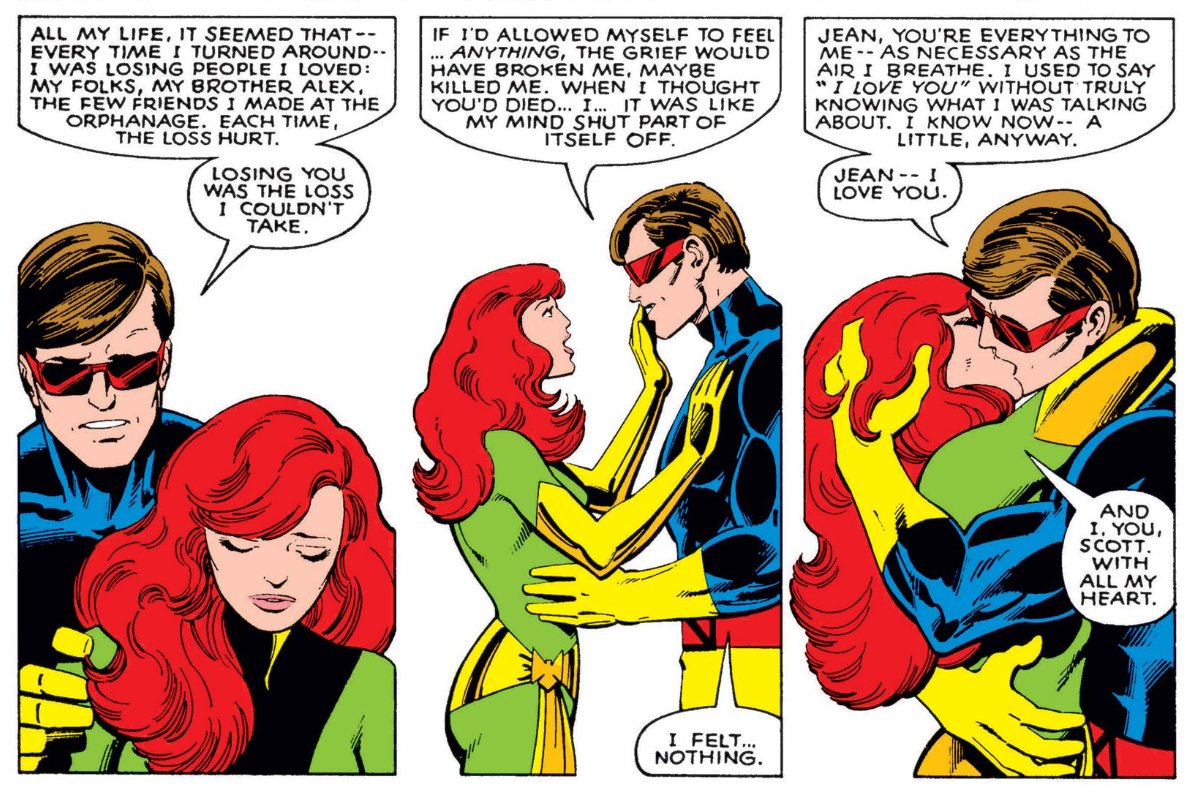
I think more than any creative team at the time, the X-Office was really interested in the psychology of its characters... which as a social worker has been pretty hard to ignore.

It's obvious he's projecting his own sense of inadequacy onto Scott...

There's also reaction formation. I feel useless, thus I must loudly demonstrate my use to everyone.
You'd hope a psychic might have a better handle on psychology.

1. KISS poster
2. Kermit poster
3. Adolescent existential dread
We love to see it. Welcome Kitty, hope you survive the experience.

Rereading this reminded me of @GerryDuggan's current Marauders run- and the relationships Kitty will share with these two for years to come.

Kitty is distinctly Jewish- something the team wants us to know as it places visual focus on her Star of David.
And she is a courageous, fierce hero in the making.

(Safety pins are to Manhattan night clubs as smut shops are to Calgary neighborhoods, or something, I guess.)

Thanks to Wyngarde's psychic interference, the walls of Jean's sublimation are beginning to crumble... forcing her to confront a reality, which frowned upon at the time, is true nonetheless...
...women are also... horny.

I mentioned earlier that the Hellfire Club is thematically built on the power of men and the objectification of women, and this exchange between Wyngarde & Shaw really captured that for me...

It's a level of arrogance- and an expectation subverted masterfully by Claremont & co.- that will become his undoing.
Also, this, unrelated to the above point, for your pleasure:

The creation of the Black Queen is a really profound moment in looking at dissociation as a trauma response. Victimized, she builds a personality whose sexuality belongs to no man.

It's subtle, but I noticed this parallel about the idea of using Jean as a tool. Despite his love, Scott still sees Jean as a weapon to be wielded in war.


More from Culture
Best books I read in 2020
1. Atomic Habits by @JamesClear
“If you show up at the gym 5 days in a row—even for 2 minutes—you're casting votes for your new identity. You’re not worried about getting in shape. Youre focused on becoming the type of person who doesn’t miss workouts”
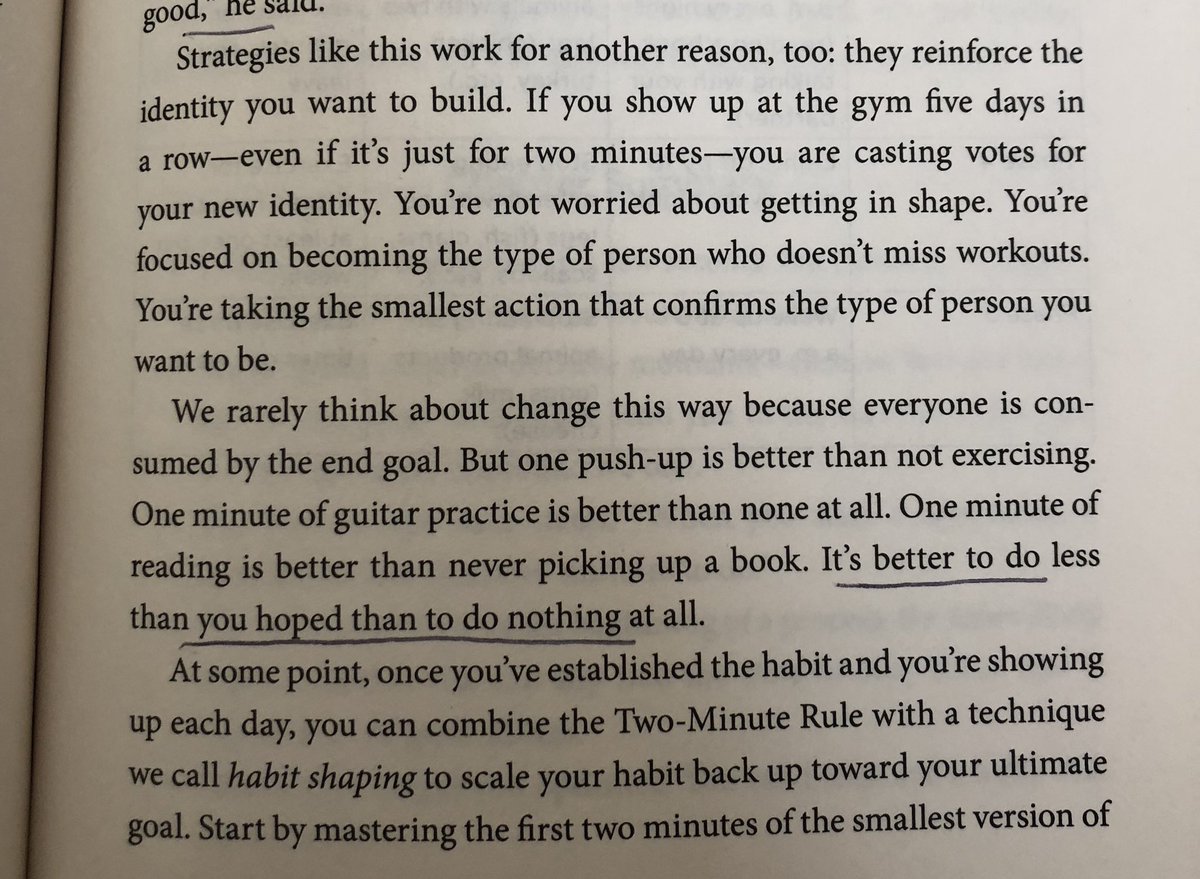
Good Reasons for Bad Feelings
https://t.co/KZDqte19nG
2. “social anxiety is overwhelmingly common. Natural selection shaped us to care enormously what other people think..We constantly monitor how much others value us..Low self-esteem is a signal to try harder to please others”
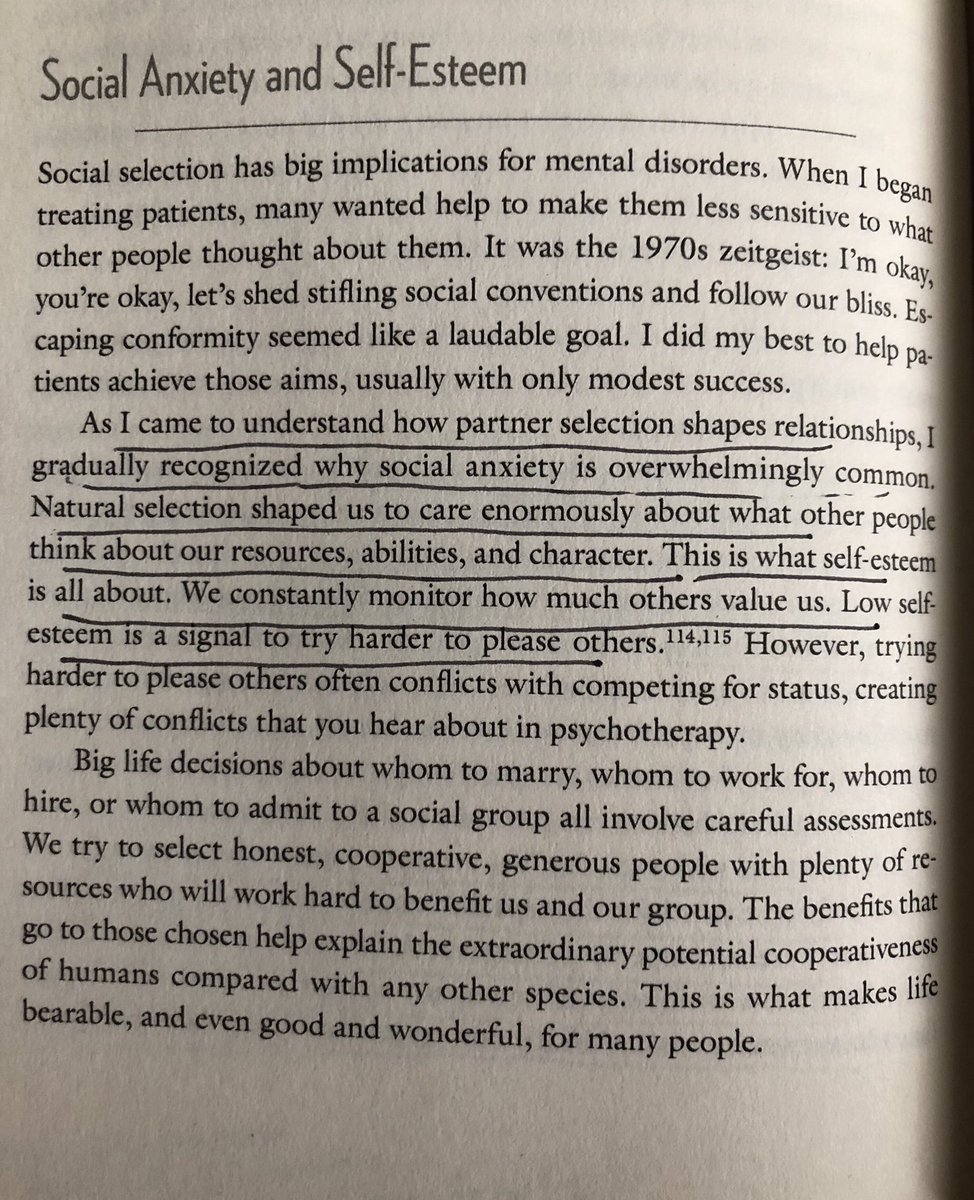
The True Believer by Eric Hoffer
https://t.co/uZT4kdhzvZ
“Hatred is the most accessible and comprehensive of all unifying agents...Mass movements can rise and spread without belief in a God, but never without a believe in a devil.”
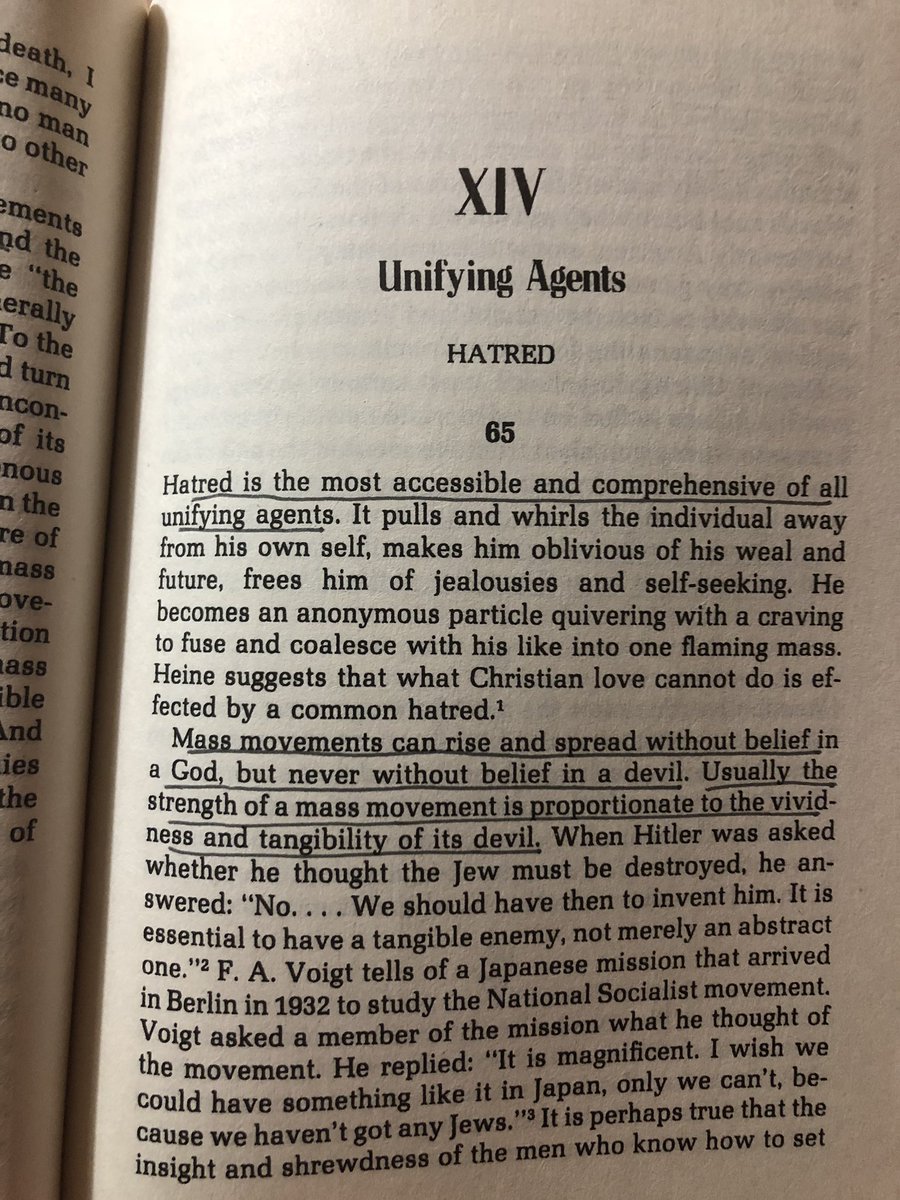
Grandstanding
https://t.co/4Of58AZUj8
"if politics becomes a morality pageant, then the contestants have an incentive to keep problems intact...politics becomes a forum to show off moral qualities...people will be dedicated to activism for its own sake, as a vehicle to preen"
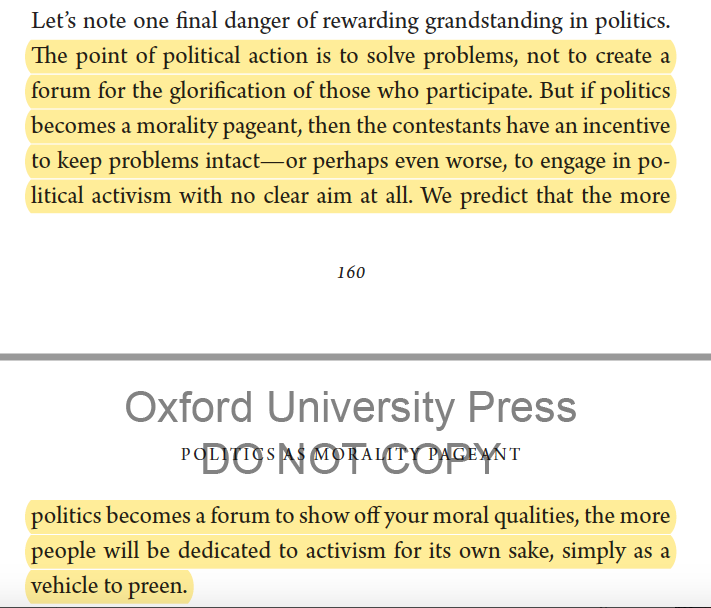
Warriors and Worriers by Joyce Benenson
https://t.co/yLC4eGHEd4
“Across diverse cultures, a man who lives in the house with another man’s children is about 60 times more likely than the biological father to kill those children.”
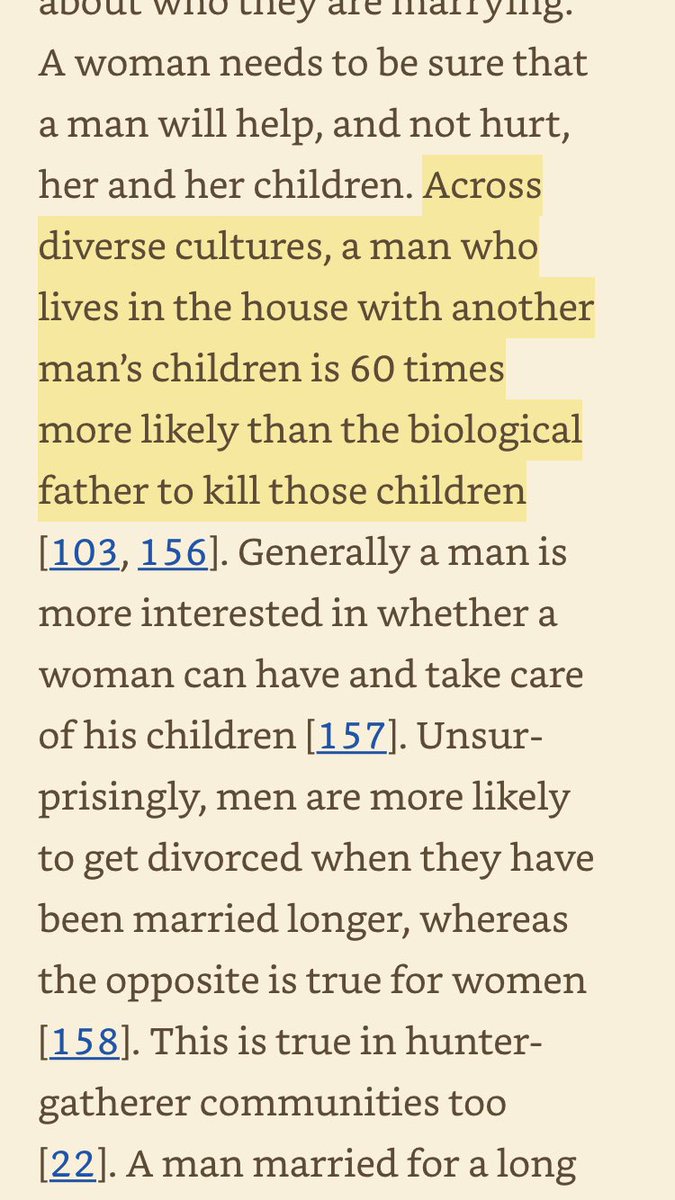
1. Atomic Habits by @JamesClear
“If you show up at the gym 5 days in a row—even for 2 minutes—you're casting votes for your new identity. You’re not worried about getting in shape. Youre focused on becoming the type of person who doesn’t miss workouts”

Good Reasons for Bad Feelings
https://t.co/KZDqte19nG
2. “social anxiety is overwhelmingly common. Natural selection shaped us to care enormously what other people think..We constantly monitor how much others value us..Low self-esteem is a signal to try harder to please others”

The True Believer by Eric Hoffer
https://t.co/uZT4kdhzvZ
“Hatred is the most accessible and comprehensive of all unifying agents...Mass movements can rise and spread without belief in a God, but never without a believe in a devil.”

Grandstanding
https://t.co/4Of58AZUj8
"if politics becomes a morality pageant, then the contestants have an incentive to keep problems intact...politics becomes a forum to show off moral qualities...people will be dedicated to activism for its own sake, as a vehicle to preen"

Warriors and Worriers by Joyce Benenson
https://t.co/yLC4eGHEd4
“Across diverse cultures, a man who lives in the house with another man’s children is about 60 times more likely than the biological father to kill those children.”


